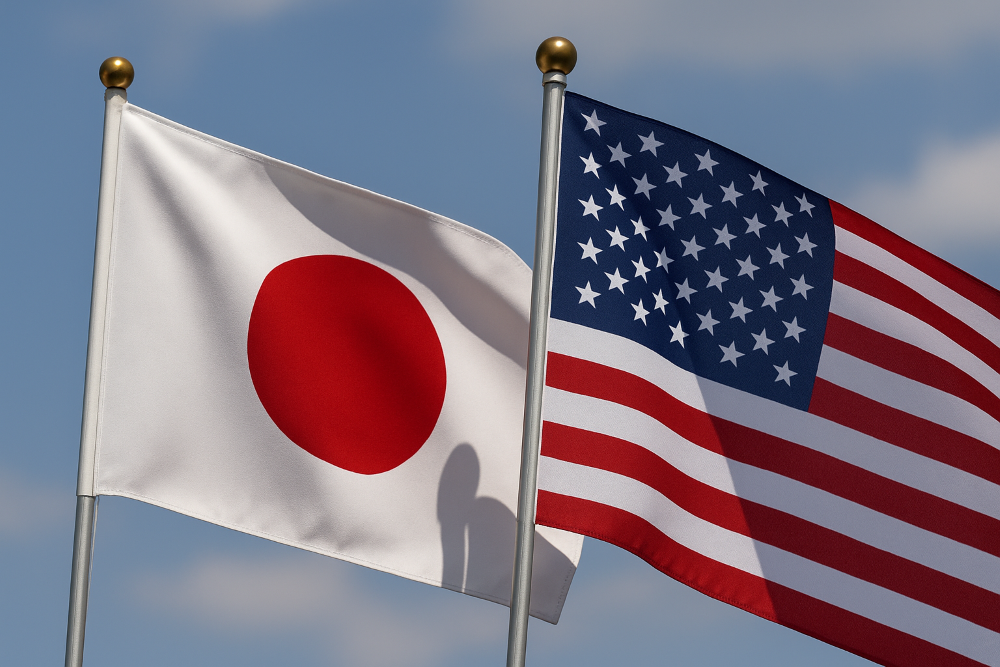您想继续阅读英文文章还
是切换到中文?
是切换到中文?

THINK ALUMINIUM THINK AL CIRCLE

Japan’s top trade envoy, Ryosei Akazawa, clarified on Wednesday in Washington that the recently announced US-Japan trade agreement does not waive or reduce the existing 50 per cent tariffs on Japanese steel and aluminium exports to the United States.

Image for representational purposes
“If you are asking whether the deal includes steel and aluminium, it does not,” Akazawa stated, underscoring that the substantial tariffs will remain in place.
This clarification comes amid broader developments in the trade landscape, as the wider deal announced by President Trump and Prime Minister Ishiba slashes tariffs on Japanese auto and other exports to 15 per cent, down from an earlier 25 per cent threat. However, it explicitly excludes steel and aluminium, which remain under the harsh 50 per cent regime.
Akazawa, who also serves as Japan’s Economy Minister, is slated to continue negotiations in Washington this week, aiming to further refine the trade framework before the US’s August 1 deadline, which threatens additional levies on Japanese goods. Japan had earlier lobbied for exemptions on steel and aluminium when tariffs were first proposed in February and March, but those appeals were rebuffed. In May, Akazawa described the broad spectrum of US tariffs-including steel and vehicles as “regrettable,” reiterating Tokyo’s goal of eliminating or reducing them.
The deal also features Japan’s commitment to invest up to $550 billion in the US, along with improved market access for American cars, rice and agricultural goods. Major Japanese automakers and stock markets responded with optimism following the announcement. However, these levies on steel and aluminium exports are deeply rooted in national security and industrial protection policies initiated upon President Trump’s return to office and Japan has been unable to secure exemptions during multiple negotiation rounds, despite persistent engagement by Akazawa and Economy Minister Yoji Muto.
With an August 1 deadline looming, Tokyo remains engaged in high-level talks to broaden the agreement and address the steep tariffs that continue to challenge Japan’s steel and aluminium exporters.
Responses








